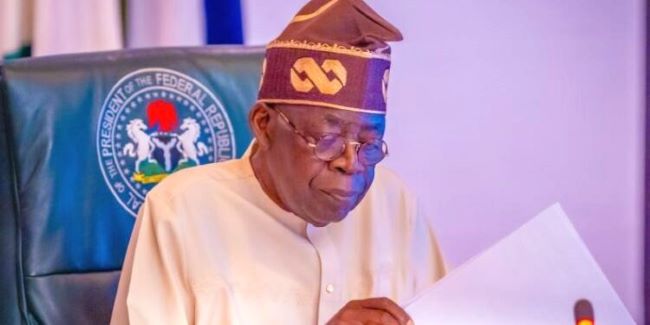Former Vice President Atiku Abubakar, Afenifere, human rights lawyer Femi Falana (SAN), and Northern Elders have criticized President Bola Ahmed Tinubu’s national broadcast, stating that he failed to address the fundamental issues that triggered the #EndBadGovernance protest in the country.
Tinubu, in his nationwide broadcast on Monday, outlined various interventions by his government to cushion the effects of certain policies, asserting that Nigerians would benefit more in the future. However, leaders and observers criticized the president’s speech as “uninspiring,” noting that he did not show any sign of being in touch with the country’s reality.
Former Vice President Atiku Abubakar described Tinubu’s speech as hollow, claiming it failed to address the demands of protesters regarding pressing economic hardships. In a statement issued by his media adviser, Paul Ibe, Atiku said:
“President Bola Tinubu’s broadcast this morning, intended to quell the fervor of public protests against his administration’s poor governance, utterly misses the mark. His speech neglects the pressing economic hardships that have besieged Nigerian families since the very beginning of his tenure.
ALSO READ Soyinka criticises Tinubu’s speech
“This address lacks credibility and fails to offer any immediate, tangible solutions to the Nigerian people. The president ignored the protesters’ demands, such as suspending the purchase of aircraft for the president, downsizing his bloated cabinet, or even eliminating the costly and burdensome office of the First Lady.”
For the pan-Yoruba socio-political group, Afenifere, the president did not address the real issues of the protest. Prince Justice Fakiyesi, National Publicity Secretary of Afenifere loyal to Acting Leader Chief Ayo Adebanjo, said:
“It is unfortunate because we have seen so many countries where these neo-liberal economic policies have not worked. The president’s speech has not addressed the problem of hunger in the land. His neo-liberal economy is the problem – the removal of fuel subsidy and the floating of the naira, and he’s bent on continuing it.”
Also, human rights lawyer Femi Falana (SAN) called on Tinubu to address the demands of the protesters. In a statement issued, he said: “If the government takes the fight against corruption to oil dealers and crude oil is processed in government-owned refineries, there will be no basis for fuel subsidy, which is induced by the importation of petroleum products.
“A positive response to the key demands of the youths could make them review their actions. Insensitivity to their demands can only provoke continued action.”
On their part, the Northern Elders Forum (NEF) expressed concern over Tinubu’s failure to mention the severe security situation in the North West and other parts of the northern region. In a statement by Abdul-Azeez Suleiman, Director of Publicity and Advocacy, NEF said:
“Criminal elements continue to wreak havoc, causing immense suffering for the residents of these regions. Many communities have been forced to abandon their farmlands, schools have been shut down, and livelihoods destroyed. The president’s speech failed to address these urgent issues or provide reassurance to the communities living in constant fear and uncertainty.”
The ongoing protests have been particularly vocal in the North, with demonstrators highlighting issues of hunger and insecurity. Protesters in states like Kano, Katsina, Jigawa, Sokoto, Kebbi, Zamfara, Kaduna, Yobe, Borno, Nasarawa, Adamawa, Plateau, and the Federal Capital Territory (FCT) have showcased placards demanding the government address these pressing concerns. In contrast, protests in the South West, South-South, and South East regions have varied in intensity.
In light of the president’s speech, critics from various sectors of Nigerian society continue to push for more substantive and immediate action to address the country’s economic and security challenges.
Daily Trust


